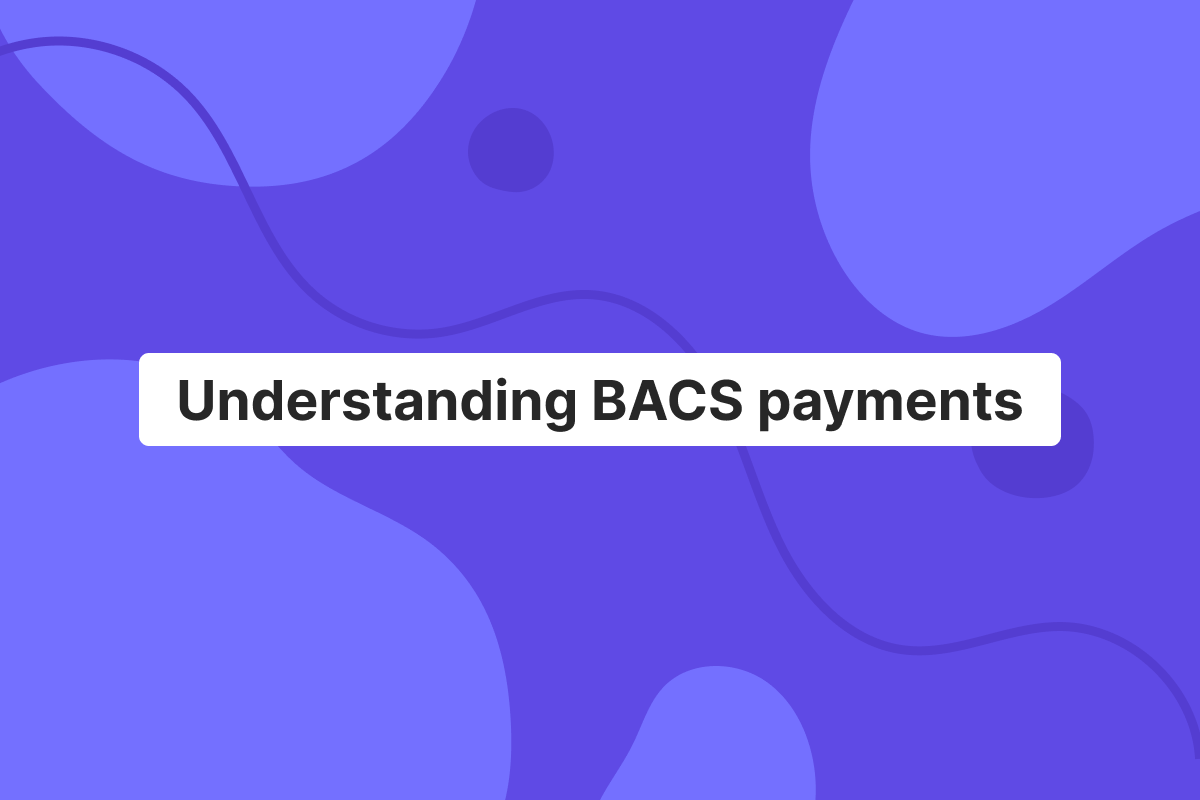Genome Blog / articles / Building financial security: 10 essential steps
Sep. 27, 2023
The article has been updated on 29.08.2024
Financial security and financial independence are things that most people strive for. But achieving these is not that easy, especially if you don’t have a plan or have enough worries in your life as is. Still, you can do it in 10 steps and by being consistent.
This article will cover essential actions, from cash budgeting and debt management to investing wisely and saving for retirement, helping you build a solid foundation to be financially secure.
What is financial security?
So, what is financial security in terms of your personal finance? Financial security refers to a state in which a person experiences financial stability: they possess enough money to live comfortably and also have money saved for the future or to achieve a big financial goal.
At the end of the day, it allows reaching financial independence to comfortably pay for things and saving money for emergencies and retirement.
You can separate financial security into two categories: short-term and long-term. Let’s cover the difference between the two:
- Short-term financial security refers to situations when you stabilize your financial resources and ensure your financial independence for the near future – from a couple of weeks to 2 to 3 years.
- Long-term financial security entails long periods, starting from 5 years and up to your retirement.
Steps to achieve financial security
Achieving financial security and financial independence can be complicated if you don’t know where to start. Typically, these are the steps you need to consider taking to be financially secure.
Create a budget
Creating a budget is essential for any financial endeavor you want to partake in, paving the way to financial security and financial independence. Not only does it help establish financial security, but it also helps you be better aware of your spending habits and income fluctuations inside your bank accounts. It will help you with saving money, better manage unexpected expenses, and avoid credit card debt.
Start budgeting by tracking your expenses and earnings. Doing things like this is easy when you have an account at Genome. You can access information about your incoming and outgoing payments online at any time via our website or app. Track your finances seamlessly for budgeting purposes.
Additionally, we allow clients to issue both virtual and physical Visa debit cards to pay in stores, online, and contactless. Manage your expenses and spending by setting spending limits on cards and benefit from having multiple debit cards.
Build an emergency fund
You can have a stable income and be without a care in the world, but emergencies or accidents linked to your life and health can spoil everything. You need to save money to be able to cover emergencies if they, unfortunately, occur. Depending on emergencies life throws at you, you will typically be safe to save 3-6 months’ worth of living expenses.
You can store your emergency funds inside Genome – get a multi-currency account in seconds in your preferred currency, EUR, USD, or GBP. Keep your emergency savings safe and exchange currencies with ease.
Reduce and manage debt
Managing debt or an unreturned loan is yet another step towards your financial security. Besides, you want to avoid the risk of going bankrupt. Create a debt list and consider implementing a debt repayment plan if you have many debts or personal loans.
Focus on paying off high-interest debt/loan first, and consider consolidating or refinancing to reduce the interest rate. Avoid accumulating new debt by figuring out the cause of previous ones. For instance, switching from a credit to a debit card can make a difference.
Establish stable income sources
It’s no secret that a stable income is a cornerstone of your financial security. If you have several income sources (such as salary, income from your own business, dividends, income from renting your property, bonuses, inheritance, government benefits, etc.), list them and track how they change.
If you feel like your income is insufficient to keep you financially secure, consider diversifying your sources of income or reviewing and decreasing your expenses.
Invest wisely
Financial security can also stem from successful investments. Moreover, one investment of value can help you grow wealth over time. However, investing operations should not be treated lightly. Before you invest, conduct in-depth research and consult financial professionals who can advise you on how to invest.
As time passes and you get a hold of your first investment, you can diversify your investments across asset classes like stocks, bonds, and real estate. Keep track of your investing operations and be mindful of rising trends.
Plan for retirement
Planning for the future is important for your financial stability. That is why you need to form retirement savings. After all, you want to ensure your retirement is comfortable and stress-free, so a retirement nest egg with enough savings is necessary for your financial independence.
If you haven’t started already, dedicate some of your monthly expenses to your retirement savings. The earlier you start, the more time your money has to grow, allowing a financially secure retirement.
Get adequate insurance coverage
Similarly to an emergency fund, insurance protects you and your family from financial loss due to unexpected events and emergencies. Generally, you might need coverage for health, life, disability, and property. Research different companies that provide insurance and choose the one that offers the fairest terms and won’t affect your bank accounts negatively.
Regularly review financial goals
How to achieve financial security? Well, you must set clear financial goals to reach long-term financial security. For example, your goal can be saving a certain sum of money or retiring early.
Additionally, your financial goals may change over time, so reviewing and adjusting them regularly is important. Set short-term and long-term goals, and monitor your progress and cash to stay on track.
Educate yourself about finances
It will be difficult to achieve financial security if you don’t fully grasp how money works. You need to continue learning about finances and investment opportunities to have a better chance of realizing your financial security goals.
Additionally, you can learn the basics of money management through books, courses, and reputable online resources or hire financial advisers for this purpose.
Seek professional financial advice
Don’t just rely on personal advice from friends and relatives. Money is complex, and the industry’s financial intricacies are sometimes not easy to follow. If you’re unsure about your money management efforts, we advise that you seek help from financial advisers.
Why is financial security important?
Financial security is important because it provides stability and peace of mind, allowing you to meet your current needs and plan for the future without constant worry about money. It ensures that you can handle unexpected expenses, such as medical emergencies or job loss, without falling into debt.
It is also a gateway to financial independence, as you can save enough money for early retirement, pay bills on time, and afford expensive purchases.
Ultimately, it gives you the freedom to make life choices without being constrained by financial limitations, leading to a more fulfilling and less stressful life.
Conclusion
To leave comfortably, making ends meet is not enough. You need to monitor your funds and spending habits, have enough savings, get insurance, ensure your debt is paid off, and plan for your retirement. Keep up with your financial security plan to achieve your goals and avoid the risk associated with insufficient funds. If necessary, consult the financial professionals.
FAQs
What is the first step in achieving financial security?
The first step in achieving financial security is to plan out your steps and start budgeting. Once you have all the necessary data on your regular expenses and income, it will be easier to set goals that will help you become financially secure.
How much should I save in my emergency fund?
The amount you need to save for your emergency fund depends on your overall financial situation as well as the financial goals you set for yourself to attain financial security.
You can calculate it by assessing your monthly expenses and multiplying them by the number of months you consider appropriate (3 to 6 months). Consider other things you need to save money for, like your retirement savings.
What is the best way to manage debt?
The best way to manage debt is to prioritize paying off high-interest debt first while consistently making at least the minimum payments on all other debts to avoid penalties. Create a realistic budget, stick to a debt repayment plan, and avoid taking on new debt to stay on track.
How do I start investing for financial security?
Investing is one of the steps to financial security. However, you need to be careful about your investment prospects: do your research, start small, and consult financial professionals.
What types of insurance are essential for financial security?
Essential types of insurance you need to be financially secure include health insurance to cover medical expenses, life insurance to cover dependents in case of your death, and disability insurance to protect your income if you’re unable to work due to illness or injury.





